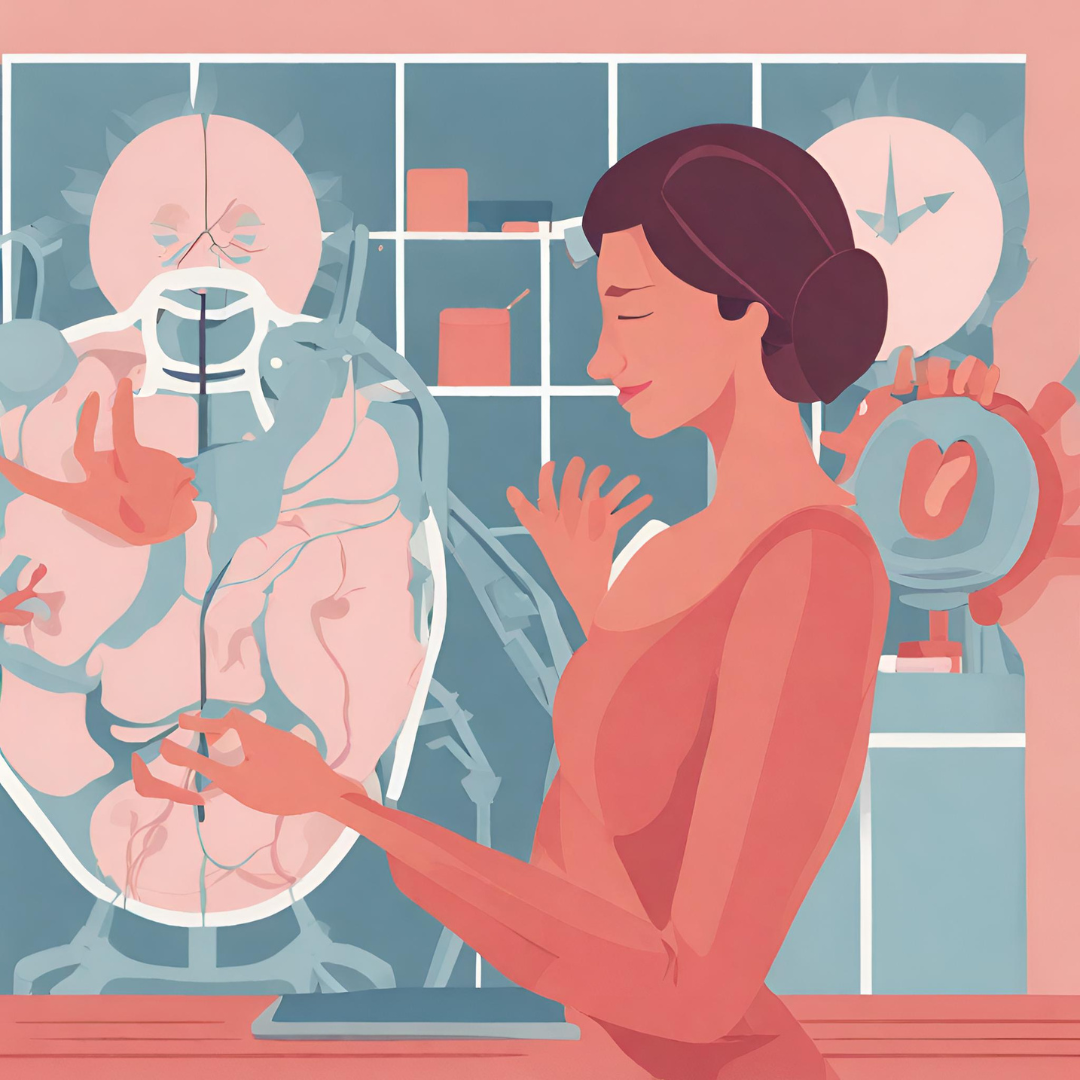
Hormonal Factors: Early Menopause and HRT Linked to Elevated Risk of Rheumatoid Arthritis in some Women
Share
A heightened risk of rheumatoid arthritis in women is associated with factors such as early menopause (before 45), hormone replacement therapy (HRT) use, and having four or more children, according to a substantial long-term study published in RMD Open, an open-access journal.
Women are more prone to this autoimmune disease than men, being 4–5 times as likely to develop rheumatoid arthritis before the age of 50 and twice as likely between 60 and 70. The impact of the disease appears to be more significant in women compared to men.
Although hormonal and reproductive factors are believed to contribute to women's increased susceptibility, the specific influential factors are not entirely clear. To investigate, researchers analyzed data from 223,526 UK Biobank participants tracked for an average of 12 years.
During this period, 1.5% of women developed rheumatoid arthritis. Several hormonal and reproductive factors were associated with an elevated risk of the disease after adjusting for potential influencing factors like lifestyle, socioeconomic status, ethnicity, and BMI.
Starting periods after age 14 was linked to a 17% higher risk compared to starting at age 13. Menopause occurring before 45 was associated with a 46% higher risk than menopause at 50-51. Having fewer than 33 reproductive years showed a 39% increased risk. Compared to having two children, having four or more was associated with an 18% higher risk.
Hysterectomy or oophorectomy (removal of one or both ovaries) was associated with 40% and 21% higher risks, respectively. While no clear association was found between Pill use and rheumatoid arthritis risk, HRT use, and to a lesser extent, its duration, were associated with 46% and 2% higher risks, respectively.
The study is observational and can't establish cause and effect, with limitations acknowledged, such as the UK Biobank's composition being predominantly healthy, affluent, and of white ethnic background. Nevertheless, the findings suggest that hormonal and reproductive factors should be carefully considered in women diagnosed with rheumatoid arthritis. The researchers propose that these findings could serve as a foundation for developing targeted intervention measures to mitigate the risk of rheumatoid arthritis in women.
Women are more prone to this autoimmune disease than men, being 4–5 times as likely to develop rheumatoid arthritis before the age of 50 and twice as likely between 60 and 70. The impact of the disease appears to be more significant in women compared to men.
Although hormonal and reproductive factors are believed to contribute to women's increased susceptibility, the specific influential factors are not entirely clear. To investigate, researchers analyzed data from 223,526 UK Biobank participants tracked for an average of 12 years.
During this period, 1.5% of women developed rheumatoid arthritis. Several hormonal and reproductive factors were associated with an elevated risk of the disease after adjusting for potential influencing factors like lifestyle, socioeconomic status, ethnicity, and BMI.
Starting periods after age 14 was linked to a 17% higher risk compared to starting at age 13. Menopause occurring before 45 was associated with a 46% higher risk than menopause at 50-51. Having fewer than 33 reproductive years showed a 39% increased risk. Compared to having two children, having four or more was associated with an 18% higher risk.
Hysterectomy or oophorectomy (removal of one or both ovaries) was associated with 40% and 21% higher risks, respectively. While no clear association was found between Pill use and rheumatoid arthritis risk, HRT use, and to a lesser extent, its duration, were associated with 46% and 2% higher risks, respectively.
The study is observational and can't establish cause and effect, with limitations acknowledged, such as the UK Biobank's composition being predominantly healthy, affluent, and of white ethnic background. Nevertheless, the findings suggest that hormonal and reproductive factors should be carefully considered in women diagnosed with rheumatoid arthritis. The researchers propose that these findings could serve as a foundation for developing targeted intervention measures to mitigate the risk of rheumatoid arthritis in women.





